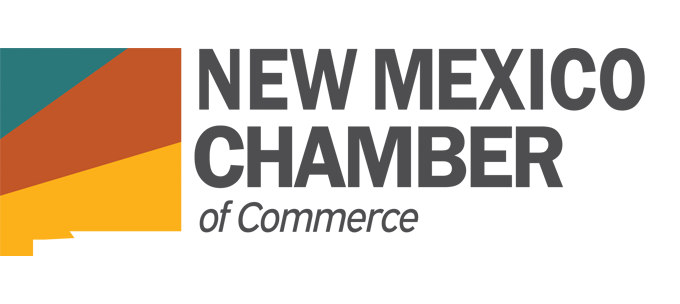What is a Chamber?

What is a Chamber of Commerce?
Chambers of commerce, as described by the IRS, “direct their efforts at promoting the common economic interests of all the commercial enterprises in a given … community.”
Section 501(c)(6) of the Internal Revenue Code provides for the exemption of business leagues, chambers of commerce, real estate boards, boards of trade and professional football leagues, which are not organized for profit and no part of the net earnings of which inures to the benefit of any private shareholder or individual.
Basic Characteristics of an IRC 501(c)(6) Organization
To meet the requirements of IRC 501(c)(6), an organization must possess the following characteristics:
- It must be an association of persons* having some common business interest and its purpose must be to promote this common business interest;
- It must be a membership organization and have a meaningful extent of membership support;
- It must not be organized for profit;
- No part of its net earnings may inure to the benefit of any private shareholder or individual;
- Its activities must be directed to the improvement of business conditions of one or more lines of business as distinguished from the performance of particular services for individual persons;
- Its primary activity does not consist of performing particular services for individual persons; and
- Its purpose must not be to engage in a regular business of a kind ordinarily carried on for profit, even if the business is operated on a cooperative basis or produces only sufficient income to be self-sustaining.
* The term “persons,” as used in Reg. 1.501(c)(6)-1, includes legal entities such as trusts and corporations.
Historical Basis of IRC 501(c)(6)
It is generally assumed that a request in 1913 by the U.S. Chamber of Commerce for an exemption of nonprofit “civic” and “commercial” organizations prompted the enactment of what is now IRC 501(c)(4) (for nonprofit civic organizations, like chapters of Rotary International) and IRC 501(c)(6) (for nonprofit, commercially oriented organizations, like chambers of commerce).
“These organizations receive their income from dues paid by their members, a form of voluntary tax which businessmen pay that they may receive in common with all other members of their communities or of their industries the benefits of cooperative study of local development, of civic affairs, of industrial resources, and of local, national, and international trade. In fine, these organizations are cooperative agencies of good citizenship in industry and commerce.”
Source: Exempt Organizations-Technical Instruction Program for FY 2003
The New Mexico Chamber of Commerce is incorporated under the laws of the state of New Mexico and is a tax-exempt nonprofit organization as provided by Internal Revenue Code Section 501(c)(6). NMCC is an equal opportunity employer.
